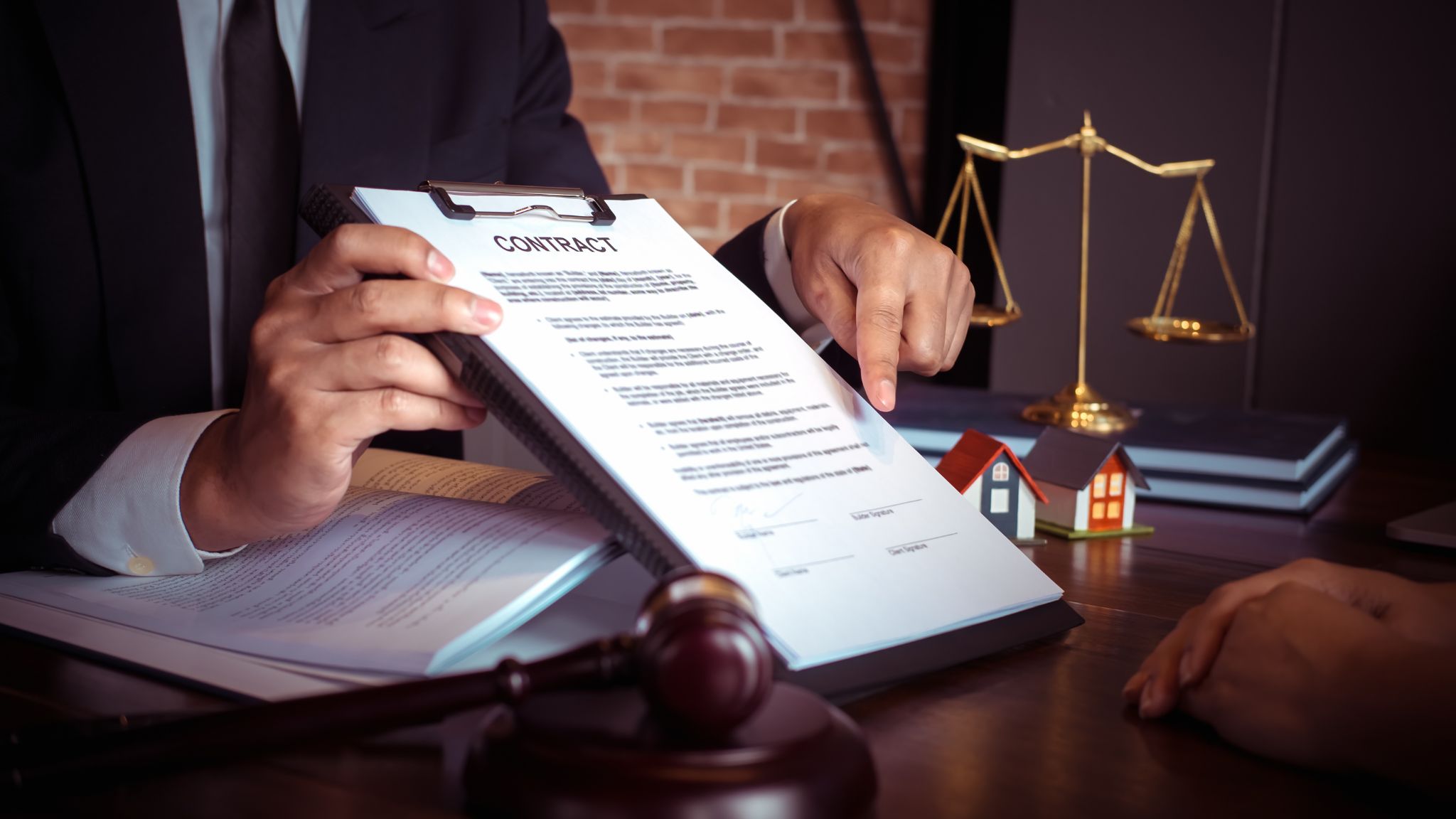Property accidents can happen anywhere—from grocery stores and restaurants to apartment buildings and private homes. When these incidents result in injuries, understanding your legal rights becomes crucial. This is where the expertise of a premises liability lawyer in Atlanta can make a significant difference in protecting your interests and securing fair compensation.
What Is Premises Liability Law?
Premises liability refers to a property owner’s legal responsibility for injuries that occur on their property. This area of law establishes that property owners have a duty to maintain reasonably safe conditions for visitors and, in some cases, trespassers. When property owners fail to meet this obligation, they may be held legally responsible for resulting injuries.
In Georgia, premises liability law is governed by state statutes and common law principles that have evolved through court decisions over time. The law recognizes that property owners are in the best position to identify and address potential hazards on their premises, making them responsible for preventing foreseeable accidents.
Common Types of Premises Liability Cases
Slip and Fall Accidents
Slip and fall incidents represent the most frequent type of premises liability case. These accidents can occur due to wet floors, uneven surfaces, poor lighting, or debris left in walkways. Retail establishments, restaurants, and office buildings are common locations for such incidents.
Inadequate Security
Property owners may be liable for crimes committed on their premises if they failed to provide adequate security measures. This includes situations involving assault, robbery, or other violent crimes in parking lots, apartment complexes, or commercial buildings where reasonable security precautions could have prevented the incident.
Structural Defects and Maintenance Issues
Poorly maintained staircases, broken railings, defective elevators, or collapsing structures can lead to serious injuries. Property owners are expected to regularly inspect their premises and address known hazards promptly.
Swimming Pool and Water-Related Accidents
Georgia law imposes specific responsibilities on pool owners, particularly regarding child safety. Inadequate fencing, missing safety equipment, or poor maintenance can result in liability for drowning or other water-related injuries.
Understanding Visitor Categories in Georgia Law
Georgia law classifies property visitors into three categories, each receiving different levels of legal protection:
Invitees
Business customers and individuals specifically invited onto property receive the highest level of protection. Property owners must regularly inspect the premises and warn invitees of known dangers or hazards that reasonable inspection would reveal.
Licensees
Social guests and others with implied permission to be on the property are owed a duty of care regarding known hazards. Property owners must warn licensees of dangerous conditions they are aware of but are not required to inspect for unknown hazards.
Trespassers
Generally, property owners owe limited duties to trespassers, primarily avoiding willful or wanton conduct that could cause harm. However, special rules apply regarding child trespassers under the “attractive nuisance” doctrine.
Proving a Premises Liability Case
Successfully establishing a premises liability claim requires demonstrating several key elements:
Duty of Care: The property owner owed the injured party a legal duty to maintain safe conditions based on their visitor status.
Breach of Duty: The property owner failed to meet the required standard of care through action or inaction.
Causation: The property owner’s breach directly caused or contributed to the accident and resulting injuries.
Damages: The injured party suffered actual harm, including physical injuries, medical expenses, lost wages, or pain and suffering.
The Role of a Premises Liability Lawyer in Atlanta
Legal representation becomes essential when navigating the complexities of premises liability law. Experienced attorneys understand Georgia’s specific legal requirements and can effectively investigate accidents, gather evidence, and negotiate with insurance companies.
A qualified lawyer will examine the circumstances surrounding your accident, identify all potentially liable parties, and develop a comprehensive legal strategy. They can also help determine the full extent of your damages, including future medical needs and long-term impacts on your earning capacity.
Additionally, premises liability cases often involve complex insurance coverage issues and multiple parties who may share responsibility for the accident. Professional legal guidance ensures that your rights are protected throughout the process.
Statute of Limitations and Time Considerations
In Georgia, injured parties generally have two years from the date of injury to file a premises liability lawsuit. This statute of limitations underscores the importance of seeking legal counsel promptly after an accident. Delaying action can result in the permanent loss of your right to seek compensation.
Furthermore, evidence preservation becomes critical in premises liability cases. Security camera footage, incident reports, and witness statements may become unavailable if too much time passes after the accident.
Key Takeaways
Premises liability law provides important protections for individuals injured on others’ property, but successfully pursuing these claims requires understanding complex legal principles and procedural requirements. Property owners in Atlanta have varying duties of care depending on the visitor’s status and the specific circumstances involved.
The strength of a premises liability case often depends on the quality of evidence gathered and the speed with which legal action is initiated. Given Georgia’s two-year statute of limitations and the complexity of these cases, consulting with a premises liability lawyer in Atlanta soon after an accident occurs is crucial for protecting your legal rights and maximizing your chances of fair compensation.

